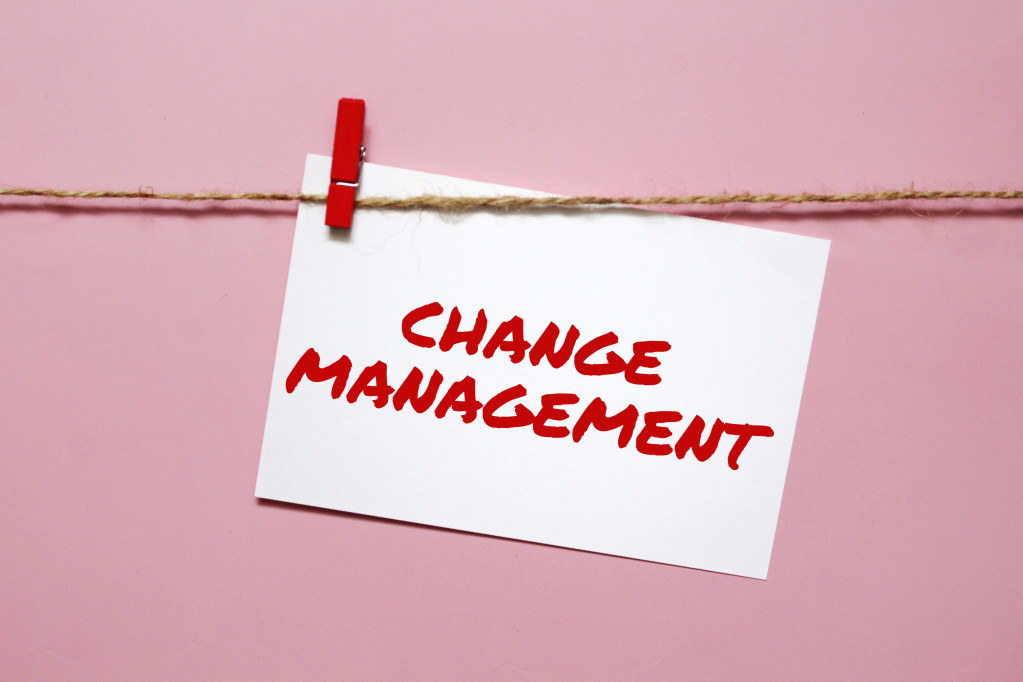
Leaders Learning With Games As Executive Training
Usually, you will find Klaus in organizations in the corporate world where he is helping leaders and employees dealing with complex change processes. For the past six months, he has designed and instructed a course for leadership module at Aarhus Business Academy where he has incorporated Actee’s simulation games and tools as part of the course activity.
In Actee, we have asked Klaus about his experience with playing ActeeChange game-cases and using a range of different game exercises as part of the course activity at the academy.
Gamification At The Academy
”The course I designed was an optional course, which the management students could choose as part of their executive training. It was really good to see the great interest that the students showed in the course drawing on gamification as part of the training and theory learning.” Klaus tells.
“My idea with the course was to design a different learning situation for the management students with a high degree of involvement. And to do this, ActeeChange is ideal, and the concept is a great example of how you can enhance learning and engagement with gamification. In this case, the feedback from the students was that they got to work with learning theory in a new and efficient manner. Furthermore, I was confirmed in my assumption that the learning approach that the ActeeChange cases draw on was perfect for connecting theory with real-life work situations. In this manner, the games were helping to build a bridge between the learning environment at the academy and the practice at the workplace of the leaders and decision-makers.”
Connecting Simulated Experience With Real-Life
“What really works well in the training situation with ActeeChange is that you get a good understanding of possible outcomes of your decisions in real-life dilemmas. When playing ActeeChange, the stakeholders in the game react to the decisions you make in the case story, which gives a great base for understanding and discussing some of the common reactions to change (with feelings involved, status at stake, resistance to change, competencies under pressure etc.) that you can experience and meet at the workplace when there’s change on the agenda.”
“All these simulated reactions of the stakeholders in the game has really been great for sparking discussions among the students and in the classroom. Disseminating the theory of the game, we have been able to connect the learning and the new insights with real work-life experiences of the leaders, which we could discuss with each other to fold out the learning even more and ‘coach’ each other.” Klaus points out.
Game Learning to Improve Decision-Making
“For me as a consultant - and in this case as an instructor - it has been an instructive and inspiring course to be part of with a high level of energy and active participation from the management students. I have learned a lot from the leaders’ contributions to the discussions as well as from their examination papers involving case examples from their own practice. In this way, I have seen how they made use of the learning from the game sessions converting the insights into their own context.”
“I must admit, it has been eye-opening to hear about the struggles that some of the leaders deal with on an everyday basis. But then it’s great to get the feedback from the leaders that they feel they have gained access to a range of game tools and learning that help them to become better decision-makers when they are back in their usual role and setting at the workplace.”
Klaus tells and finishes our conversation with the remark that the experience with the course has to whet his appetite for driving more executive training in the future with Gordios.
Create Your Own Session